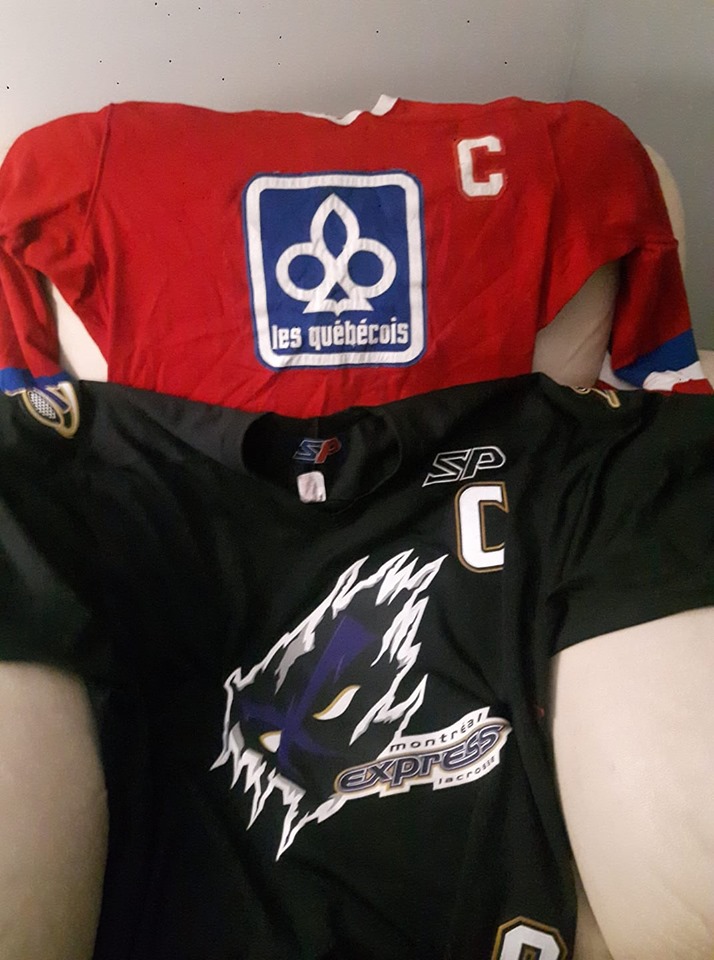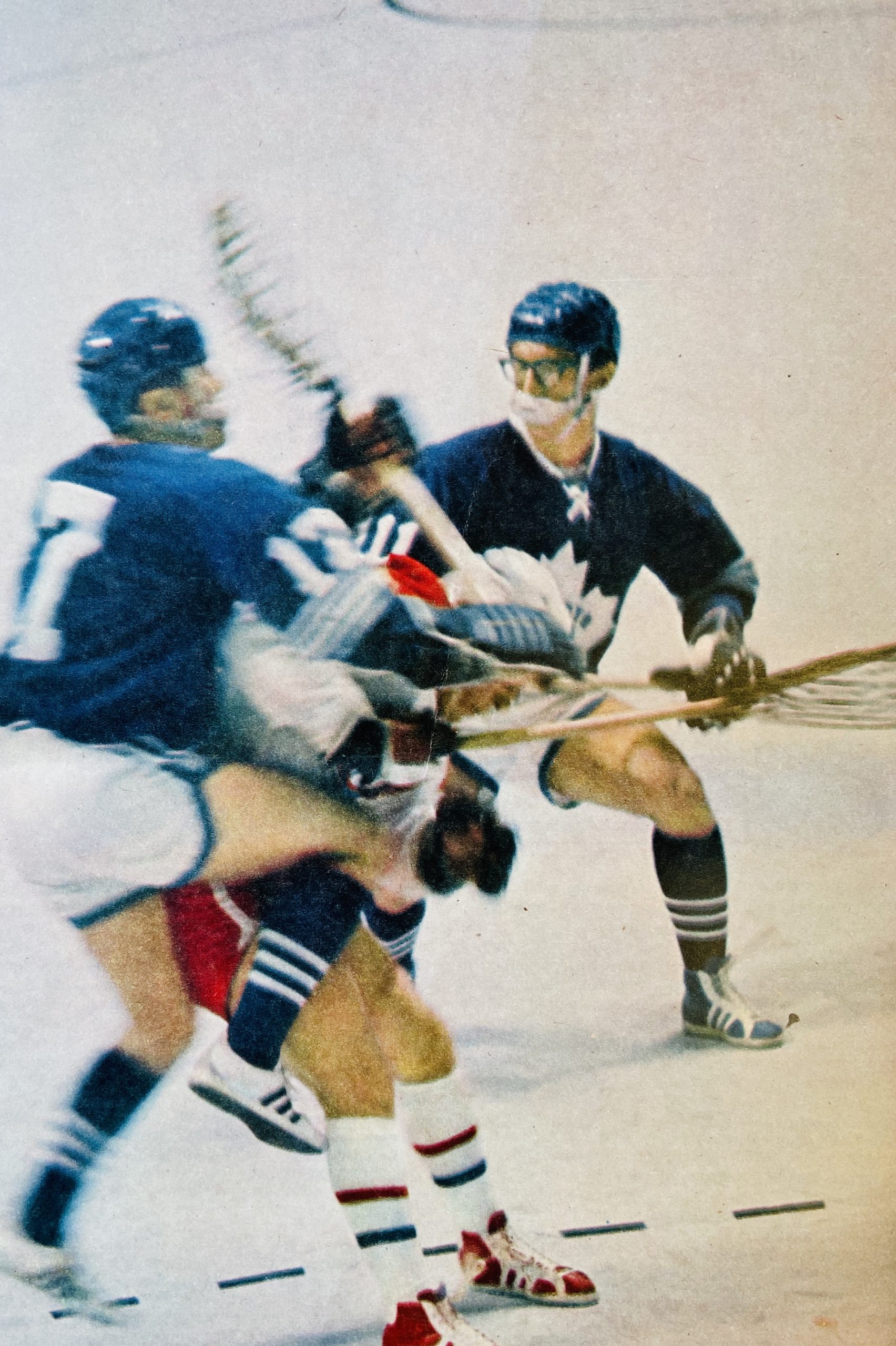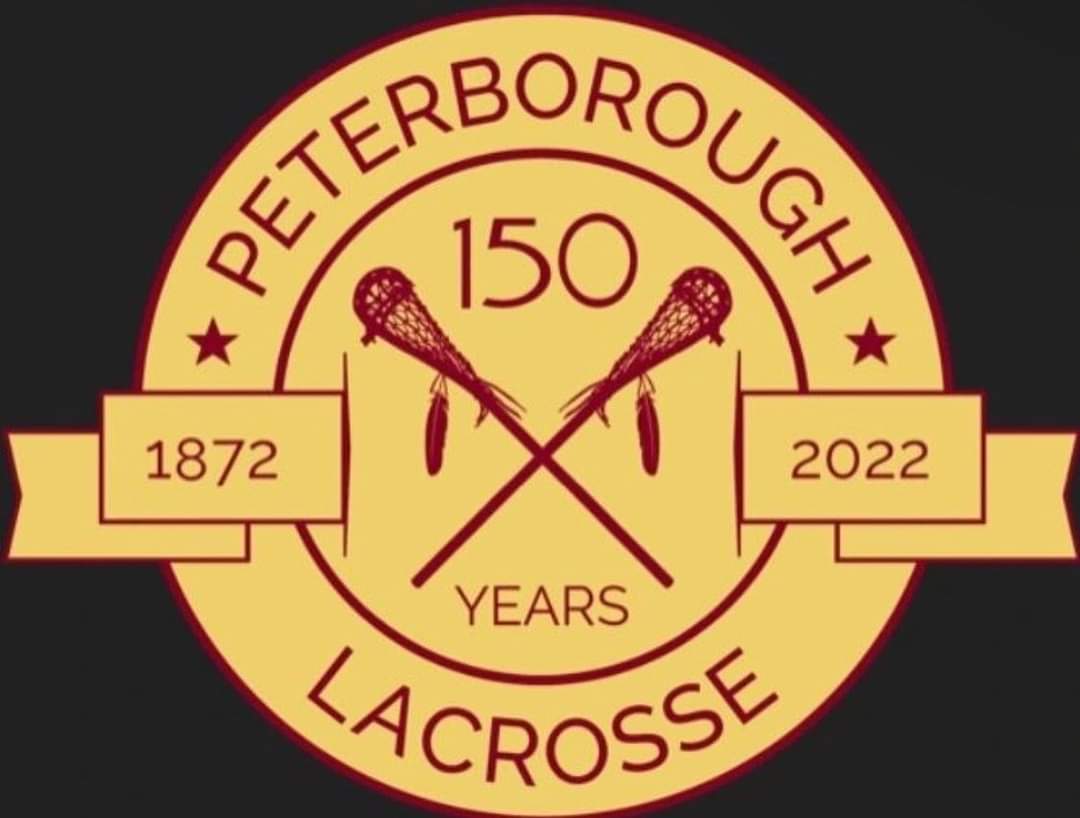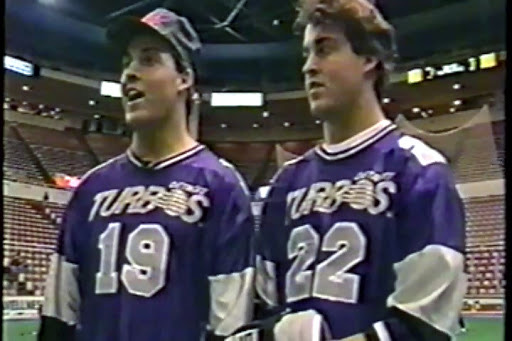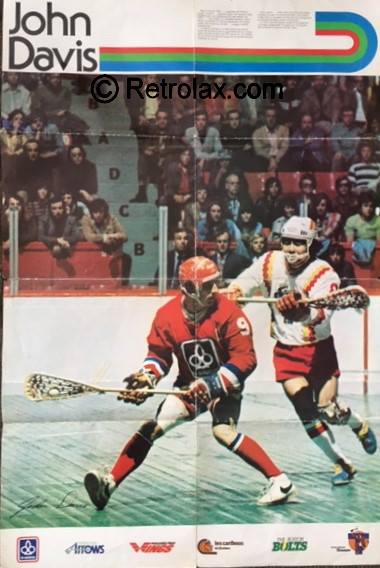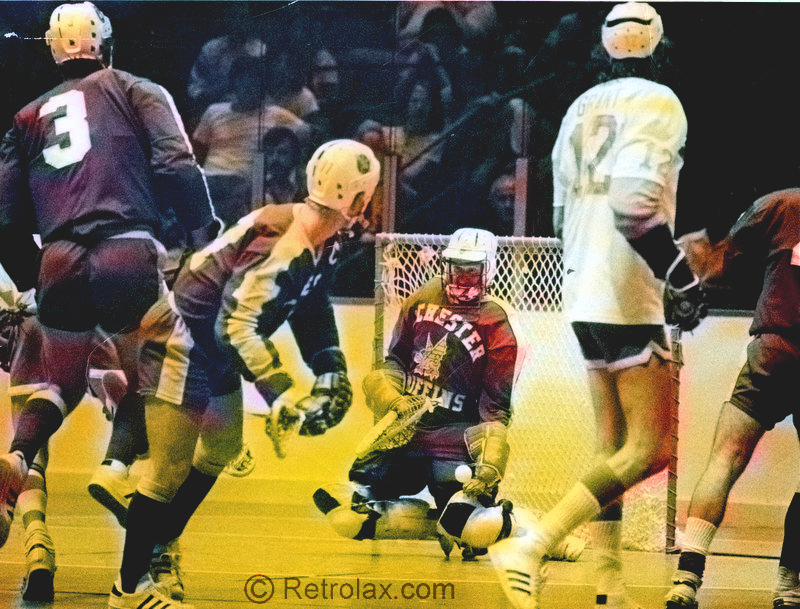says Pat Curran
Brian McFarlane never saw a lacrosse game until two years ago.
“To me, it was the next thing to hockey for excitement and I couldn’t understand why the game was hidden in the bushes so long,” recalls the youthful sportscaster.
Now he’s co-owner, president and general manager of the Montreal Canadiens in the newly-formed professional boxla league. At the rate things are going, Brian might be wishing he had never seen the sport at all but as yet he hasn’t reached that point.
The Canadiens haven’t been tearing away at the opposition with only three wins in 10 starts, nor have the fans been tearing down the turnstiles to see them at Paul Sauve Arena. Three home games have drawn crowds of only 1,800, half that much, and 1,400 Sunday night when they whipped Toronto Maple Leafs, 13-4.
At this rate, it doesn’t take much arithmetic to figure that McFarlane and his sugar-partner are set for a financial bath on the first-year operation which had been budgeted for $100,000.
High travel costs
Travel alone will run over $30,000 since most of the trips to Detroit and Toronto to Montreal—most of the Habs are from the Queen City—and the swing for interlocking games in Vancouver, New Westminster, Victoria and Portland must be made by air charter.
The athletes can’t afford to quit their jobs to play lacrosse so air travel is necessary. Nevertheless, salaries run from $1,200 to $3,500 for 24 [sic] games for a total of over $40,000. Consider the costs of equipment, the colorful uniforms which show class all the way, advertising and sundry expense and you’ve got the breakdown.
McFarlane, who has been commuting from Toronto since January to get the club off the ground, may not have included his own expenses in the 100 grand budget.
Still Brian The Brave has become such a boxla bug, he’s confident the sport can be brought out of the bushes on a professional scale.
“We took a pro outlook all the way and are prepared to lose money this year,” says McFarlane, referring to his league partners in Peterborough, Toronto and Detroit who feel the National Lacrosse Association may be the summer counterpart of the National Hockey League.
Different problems
“Montreal has a few different problems than the other clubs but none that can’t be solved,” says the local president. “Our big job at the start was to recruit a contending team as well as one fairly representative of Montreal. It didn’t work out that way without the cooperation of the Quebec League which threatened to suspend any player who so much as tried out with our pros. But now they’re coming around to the idea that lacrosse has to come out of the bushes now or die in the long run.”
With sponsors ready to gamble $100,000 or more, it stands to reason that the minor owners should co-operate. Good promotion may lift the sport to its proper status.
“We’re looking ahead to a few years when the sport will be played in most of the NHL cities with TV revenue to boot,” says McFarlane. “When and if that happens, there’s no telling what lacrosse players will be worth.”
Although only 1,400 fans turned out last Sunday night, the game was a good one for Canadiens when local boy Michel Blanchard scored four goals.
“Most of the fans said they’d be back and that’s a good sign,” said McFarlane.
This old lacrosse bug sincerely hopes so.
(Montreal Gazette, June 18, 1968)


